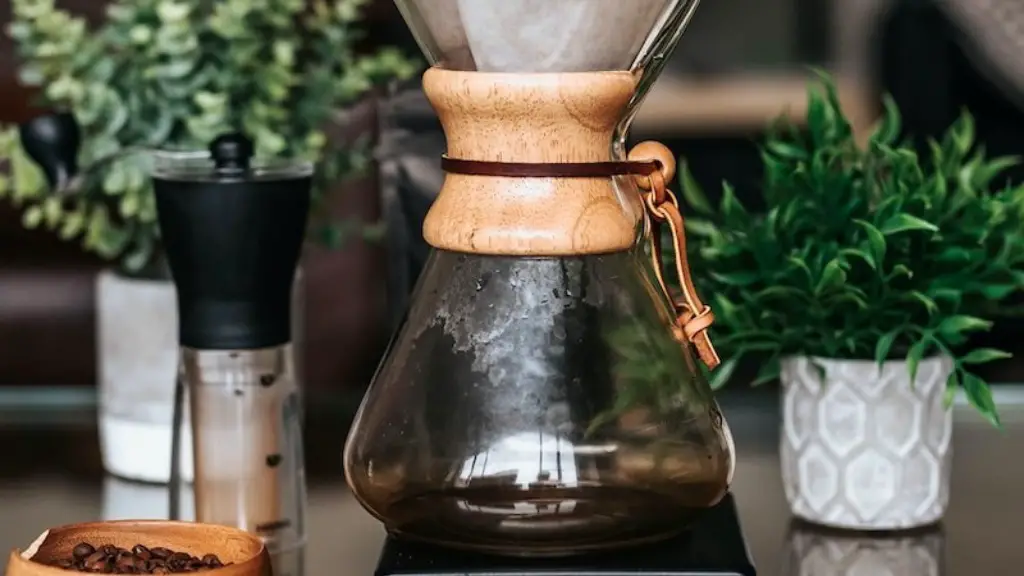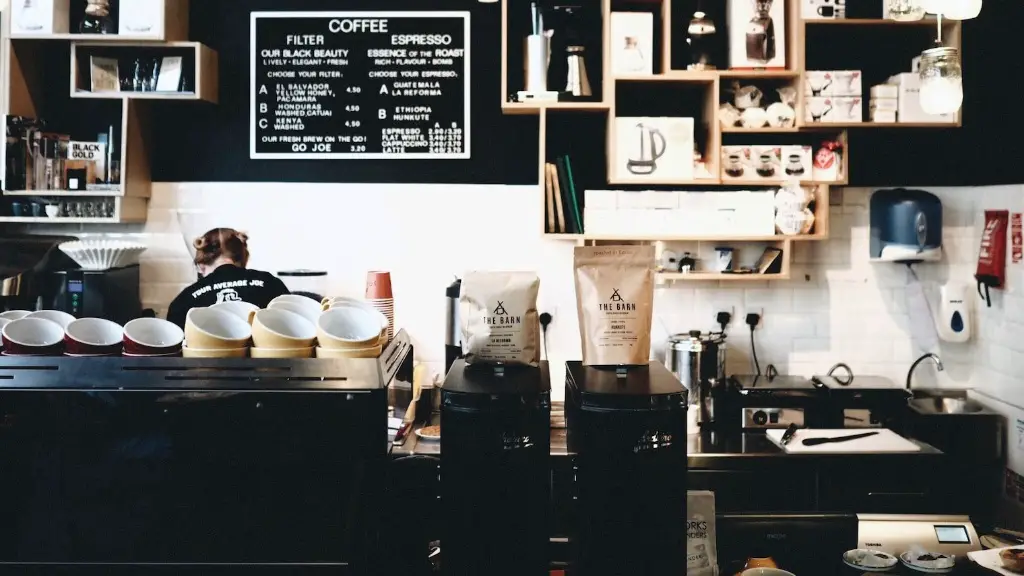Caffeine and your Glucose Test
Caffeine is a stimulant found in coffee, tea, and other beverages and products. It is also found in some medicines and dietary supplements. But can caffeine consumption affect a glucose test?
Caffeine is known to affect various functions of the body, including metabolism and glucose. Glucose tests are used to measure the body’s ability to control blood sugar levels, and caffeine consumption can possibly affect the accuracy of such tests. The American Diabetes Association recommends that patients who are being tested for glucose levels should not consume any caffeine for at least 24 hours before the test.
It is important to note that different people may react differently to caffeine consumption. Studies have shown that caffeine can cause an increase in blood sugar levels in some people, while in others it can lower them. Therefore, it is best to avoid consuming caffeine before a glucose test, as it can affect the accuracy of the results.
In addition, some medications and supplements that contain caffeine can also affect the results of a glucose test. Therefore, it is important to tell your doctor or health care provider about any medications you are taking, so that they can take this into account when interpreting the results of your glucose test.
Effects of Caffeine on the Body
Caffeine is known to affect various functions of the body, such as heart rate, metabolism, and nervous system activity. Studies have shown that caffeine can increase heart rate and respiration, as well as increase blood pressure and levels of certain hormones. In addition, caffeine can affect metabolism and aid in the breakdown of fat, as well as interact with certain medications.
Caffeine can also impact the body’s ability to absorb certain nutrients, and can interfere with the absorption of iron. Caffeine can also affect the body’s ability to absorb certain minerals, such as calcium, magnesium, and zinc. Lastly, caffeine can interfere with sleep, which is important for overall health and well-being.
Benefits of Caffeine
Caffeine is also known to have some benefits for the body. Some studies have shown that caffeine can improve alertness and mental clarity, as well as improve physical performance. Caffeine is also known to help reduce fatigue and increase energy levels, as well as improve mood and concentration. In addition, some studies have shown that caffeine can help reduce the risk of certain types of cancers.
Caffeine can also have a positive effect on weight loss. Studies have shown that caffeine can assist in the burning of fat, as well as increase metabolism and suppress appetite. Caffeine is also known to improve exercise performance, which can lead to increased caloric expenditure and weight loss.
What to Consider Before Consuming Caffeine
Before consuming caffeine, it is important to consider all potential risks and side effects. Caffeine should be consumed in moderation, especially if you have any existing medical conditions or are taking any medications. It is also important to note that some people are more sensitive to caffeine than others, and should limit their intake, as well as consult with a doctor before consuming caffeine.
In addition, it is important to consider the source of the caffeine. Caffeine from natural sources, such as coffee, tea, and chocolate, can be beneficial in moderation. However, consuming large amounts of caffeine from energy drinks, sodas, and other sources can be dangerous, as it can lead to an increased risk of health problems.
Tips for Consuming Caffeine
When consuming caffeine, it is best to do so in moderation. According to the American College of Allergy, Asthma, and Immunology, it is recommended that adults consume no more than 400 milligrams of caffeine per day. That amounts to about four to five eight-ounce cups of coffee. It is also important to note that the amount of caffeine in different products can vary widely.
In addition, it is important to avoid consuming caffeine late in the day, as it can interfere with sleep. Lastly, it is important to pay attention to the other ingredients in your caffeine-containing beverage or product, as certain ingredients can also have negative effects on health.
Drinking Coffee Before Glucose Test
It is generally recommended to avoid drinking coffee before a glucose test, as caffeine can affect the accuracy of the results. However, if you must drink coffee, it is best to do so in moderation, and avoid consuming it late in the day. It is also important to speak to your doctor about any medications you may be taking and any other factors that could influence the accuracy of your glucose test.
Coffee Alternatives
If you are trying to cut back on your caffeine consumption, there are a number of non-caffeinated alternatives. Herbal teas, such as chamomile and peppermint tea, are caffeine-free and can provide a soothing and relaxing effect. In addition, certain juices, such as apple, orange, and cranberry juice, are caffeine-free, and can be a refreshing and invigorating alternative to coffee or tea.
Other beverages such as seltzer water, sparkling water, and kombucha can also provide a pleasant and refreshing boost without the caffeine. Lastly, it is important to stay hydrated and drink plenty of water throughout the day, as it is essential for overall health and well-being.
Caffeine and its Impact on Glucose Tests
In conclusion, caffeine consumption can have an impact on glucose tests, and it is important to be aware of this when preparing for a glucose test. Caffeine consumption can affect different people in different ways, and it is important to understand the potential risks and side effects of caffeine consumption. It is also important to consider alternative sources of caffeine and other beverages that can provide a wellbeing boost without the caffeine.




